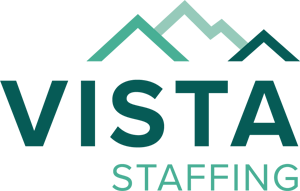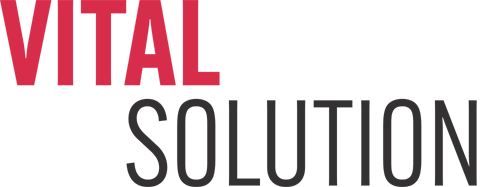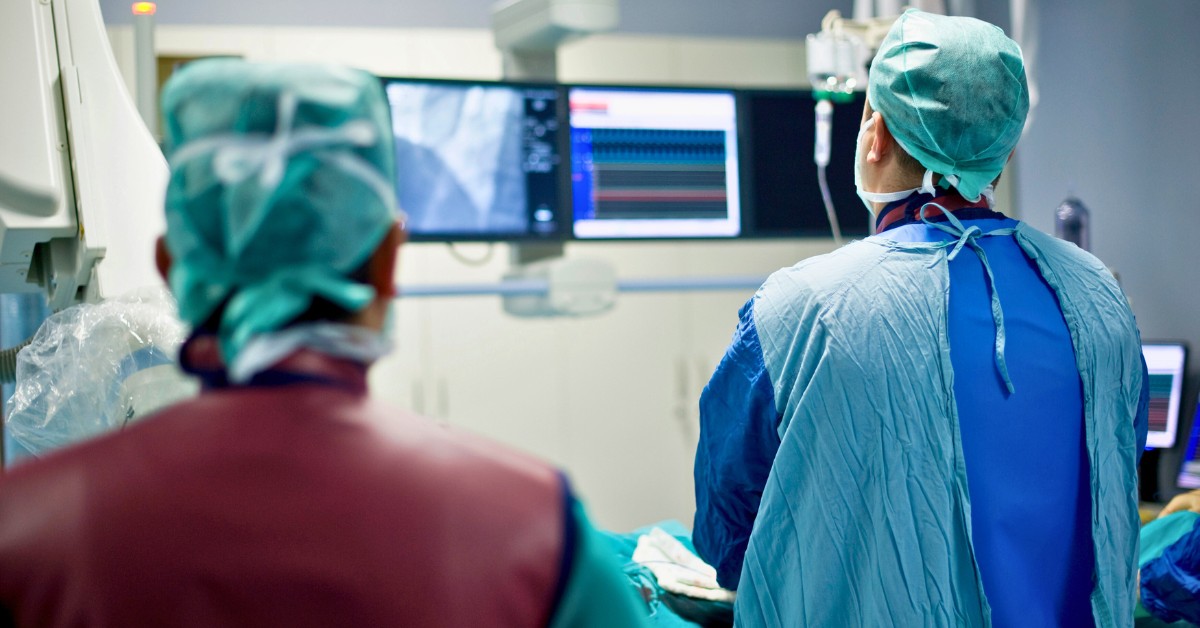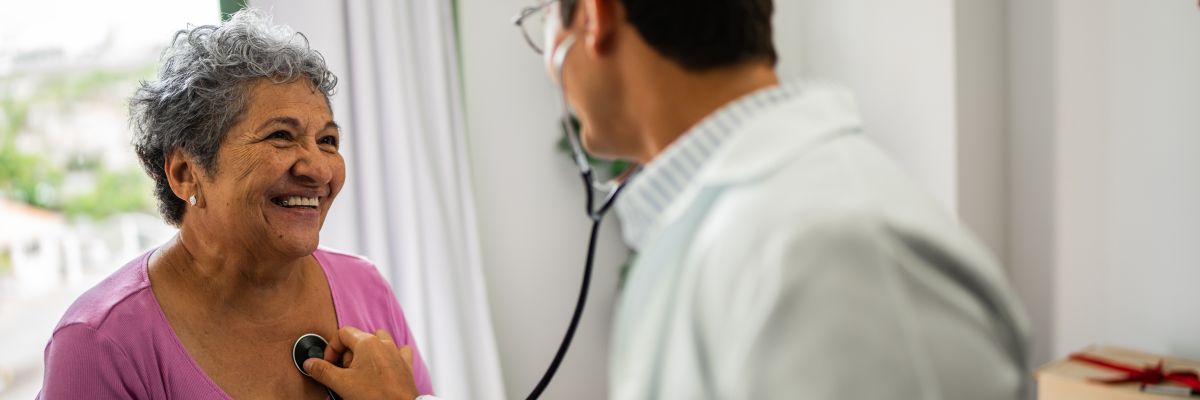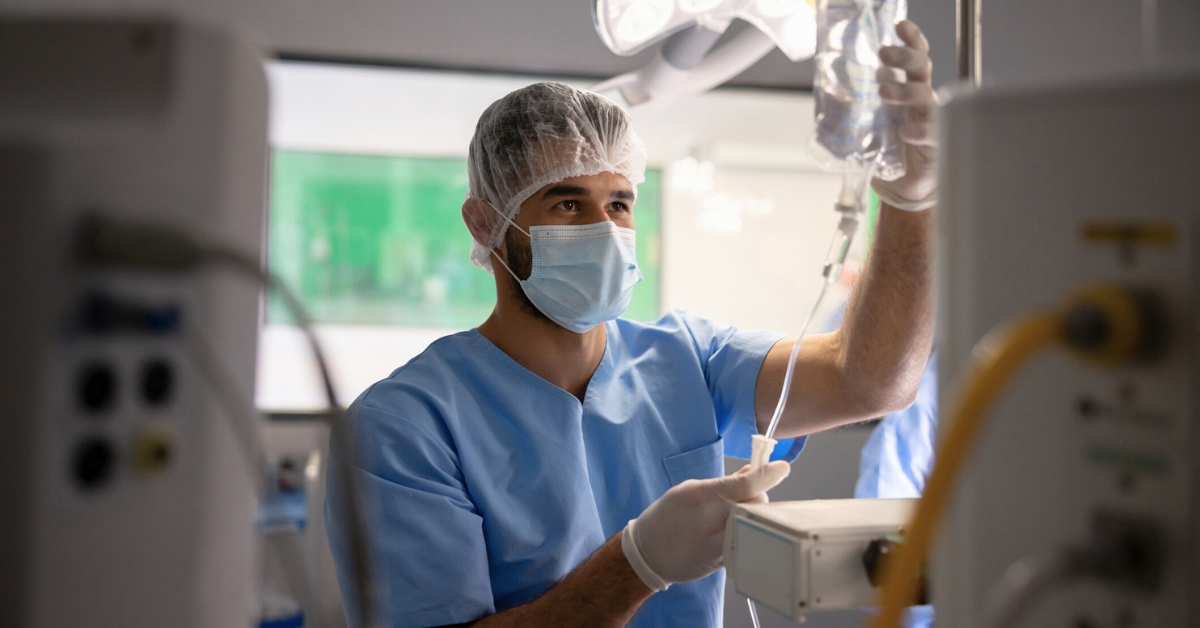
A Lifetime of Learning: A Seasoned Anesthesiologist Shares How She Keeps Her Skills Sharp
At 69, anesthesiologist Melissa Penas, MD, is the definition of “lifelong learner.” Since completing her residency in 1987, she has continued to hone her craft and expand her knowledge of medicine.
For the last three decades, she’s managed the anesthesiology department at St. Bernard Hospital on the south side of Chicago. She recently stepped down from her leadership role, joining VitalSolution in April to pare back her clinical hours while continuing to practice at the safety net hospital. Still, she continues to read, mentor and grow.
“Staying current with the latest medical advancements and techniques ensures that I offer the best care to my patients,” Dr. Penas explains. “Learning not only enhances my professional capabilities but also reflects my belief in personal growth and development. I’m passionate about expanding my knowledge and skills, both within and beyond my field, and it contributes to my overall effectiveness and fulfillment.”
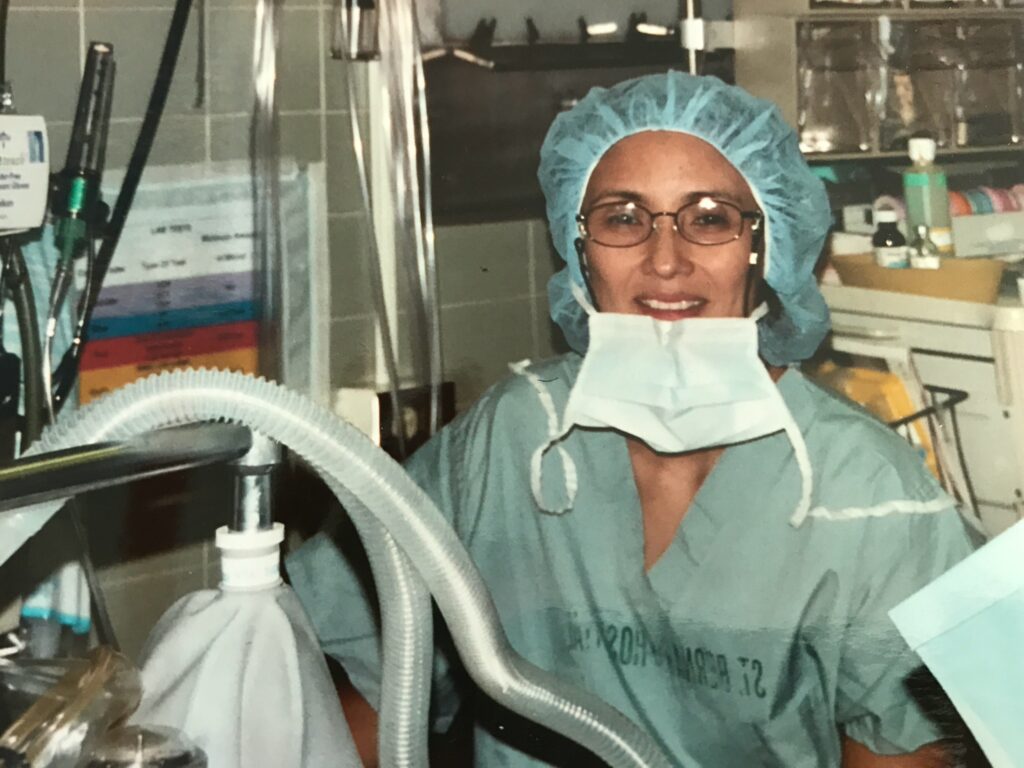
There Are Many Ways for Anesthesiologists to Learn
To maintain their licensure, anesthesiologists must complete 50 continuing medical education (CME) hours a year. Dr. Penas turns to Travel Medical Seminars to find opportunities to earn CMEs in locations she’d like to visit. She also reviews anesthesia-related content through Audio Digest, produced by the same company as UpToDate, Lippincott and Ovid.
Dr. Penas discusses best practices and reviews interesting cases with colleagues at other hospitals, and learns from her co-workers, including fellow anesthesiologists and certified registered nurse anesthetists (CRNAs).
“As a cohesive team, you collectively contribute to the well-being of patients during surgical procedures,” she explains. “The synergy between professionals with different expertise and perspectives enhances safety, efficiency and positive outcomes.”
Participating in Joint Commission surveys over the years has also been enlightening for Dr. Penas. “These experiences have broadened my understanding of healthcare standards and quality improvement processes, providing valuable insights beyond my usual practice.”
In addition, treating diverse patient populations has offered ample opportunities to stretch her experience and skills.
“Working in an underserved community has emboldened me to join international medical missions,” she explains. “I’ve traveled to Thailand and many parts of the Philippines—my birthplace—where I’ve been able to extend my skills and compassion to communities in need. These life-changing experiences gave me a profound perspective on global healthcare challenges and deepened my commitment to service.”
Keeping Current in an Evolving Field
“There are often new standards in anesthesia because the technology changes,” she says. “Things change constantly to make anesthesia safer.”
For example, remarkable improvements in monitoring technology have allowed for real-time tracking of vital signs and quicker responses to patient needs. The introduction of minimally invasive surgical techniques has transformed anesthesia practice, reducing recovery times and improving patient outcomes. Additionally, there has been a greater emphasis on personalized anesthesia care, including tailoring anesthetic plans to individual patient needs and conditions.
“These advancements have collectively improved the safety and efficacy of anesthesia, making it a continually evolving and exciting field,” Dr. Penas explains.
The growing body of knowledge surrounding pharmacology, particularly drugs used to manage diabetes or promote weight loss such as Ozempic, Wegovy and Mounjaro, has led to the development of safer and more effective anesthetic agents.
“We have to be cognizant if a patient is on one of these medications because it affects their NPO status,” explains Dr. Penas. “We may have to delay an elective surgery if the patient didn’t stop taking their medication for at least a week. If the surgery is emergent, we try to avoid general anesthesia or perform a rapid sequence to prevent aspiration. It’s something that attending physicians, primary care doctors and surgeons must understand because more and more patients are taking these medications, and we want to avoid canceling a surgery.”
Transferring Her Knowledge
A veritable knowledge base herself, Dr. Penas eagerly shares what she’s learned in more than 40 years of practice. She mentors medical students and residents, and has spoken at medical conferences about her experience developing a dental anesthesia service for developmentally disabled adults and children.
“Guiding these aspiring professionals and watching them blossom beyond the hospital walls has been incredibly fulfilling,” she says. “Seeing them grow into skilled and compassionate practitioners who make significant contributions to the field is one of the greatest rewards of my career.”
Beyond her clinical duties, Dr. Penas is also integral to several committees at St. Bernard, including the medical executive, ICU, ethics, surgical and obstetrics committees.
“My participation in these committees has greatly expanded my knowledge and network, allowing me to contribute to the hospital’s overall mission and collaborate with a diverse group of professionals,” she adds.
Whether she’s learning or teaching, Dr. Penas relishes the opportunity for personal and professional growth.
“Ultimately, all of this boils down to people—patients, colleagues and the community,” Dr. Penas says. “Being part of a community where you’re constantly bonding, helping and growing is what makes this journey truly meaningful. It takes a village, and I have found mine.”
 company
company 
 (866) 755-7519
(866) 755-7519






